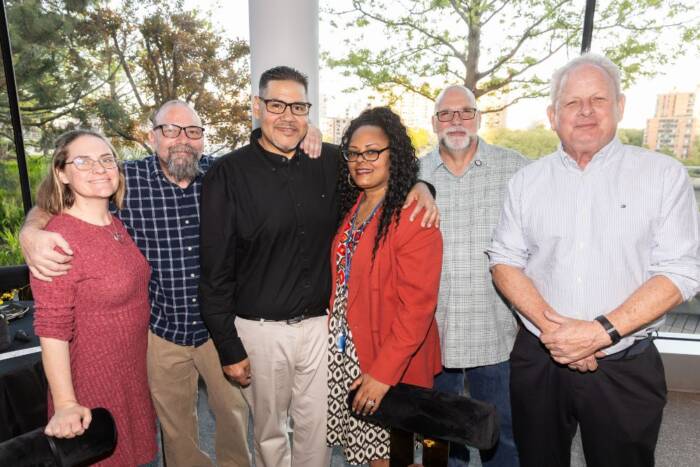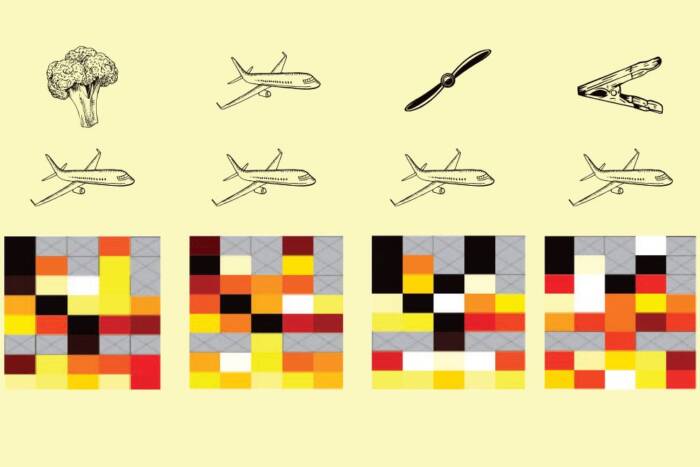Paul Bieniasz elected to the National Academy of Sciences

Paul Bieniasz, Rockefeller’s Purnell W. Choppin Professor, head of the Laboratory of Retrovirology and an investigator of the Howard Hughes Medical Institute, has been elected to the National Academy of Sciences (NAS).
NAS was founded by Abraham Lincoln as an independent body to provide the country with objective advice on matters related to science and technology. Scientists are elected by their peers for outstanding contributions to research, and election to NAS is one of the most notable distinctions accorded to any scientist. With Bieniasz’s election, 34 of Rockefeller’s current faculty and emeriti—nearly half—are NAS members.
Since joining Rockefeller in 1999, Bieniasz’s lab, which he co-leads with research associate professor Theodora Hatziioannou, has produced a remarkable body of work on the life cycle of retroviruses and their interactions with host proteins. They have revealed mechanisms by which HIV assembles and buds from host cells, and adaptations of the host interferon response that inhibit viral access to the nucleus and subsequent budding; these adaptations may have helped extinguish ancient retroviruses and continue to play a role in inhibiting viral spread. Bieniasz’s discovery of remnants of ancient retroviruses in human and other genomes has also provided clues as to how these viruses were successfully combatted, providing hints toward new therapeutics.
The Bieniasz lab was also one of the scientific community’s earliest responders to the COVID-19 pandemic, immediately pivoting to develop tools to study the immune response to SARS-CoV-2. This work revealed that the SARS-CoV-2 spike protein—by which the virus gains entrance to cells—was capable of extensive and rapid evolution that would allow evasion of prior immune responses and recurrent rounds of infection. These discoveries helped predict rounds of spike protein mutations, which had critical implications for the public health response to the pandemic.
His election to the NAS adds to the list of honors recognizing his scientific contributions. These include the Chica and Heinz Schaller Foundation Award for Distinguished Achievements in Virology, the Biochemical Society Award, and the KT Jeang Retrovirology Prize.


